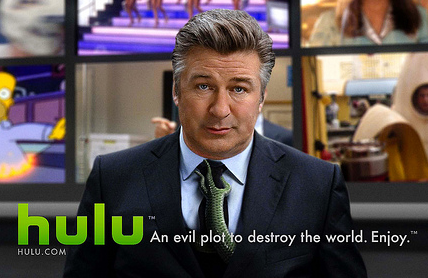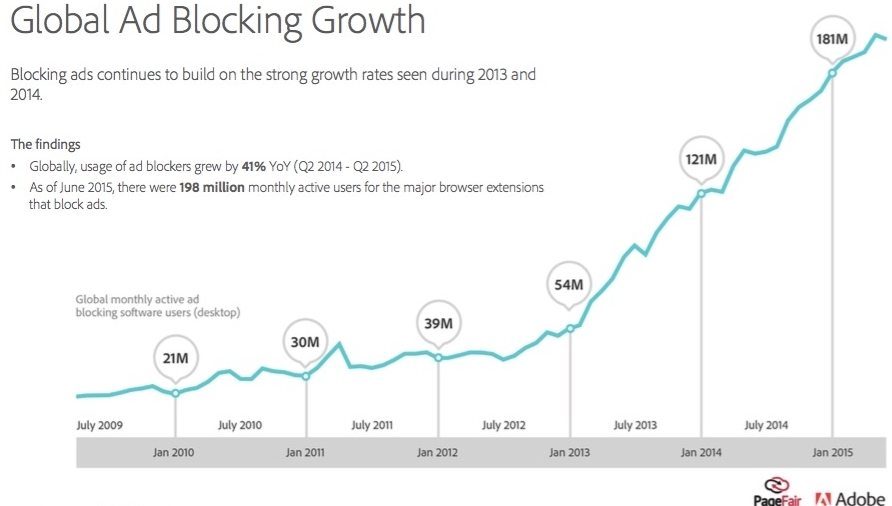
May 12, 2009
Hulu, the online TV service launched two years ago by Fox and NBC, has enjoyed incredible success with viewers — too much, it may turn out.
Two weeks ago, comScore’s report that Hulu had pulled into the top three streaming-video sites was quickly followed by news that Disney — the corporate parent of ABC and ESPN—was taking a stake in the venture. But in the long run, those two milestones could be overshadowed by a seemingly much smaller bit of news: the decision in January to pull most episodes of It’s Always Sunny in Philadelphia from the site.
Instead of carrying every episode of Sunny, a way off-center Danny DeVito comedy that languished on FX until Hulu users made it one of the site’s most popular programs, Hulu limited its offering to the five most recent shows. User reaction to the move was swift and predictable. “Well, off to the torrent sites,” one wrote on Hulu’s Sunny forum. “Hulu blows!” declared another. “Whose retarded idea was that?”
Well, not Hulu’s. The move was taken at the network’s request. Powerful forces are working against free, legal online TV — and the decision to pull Sunny may have made that show the canary in the server farm.
In theory, at least, the availability of such shows on Hulu threatens two of the key financial underpinnings of cable TV: DVD sales and carriage fees. Comcast and its brethren pay the cable networks to carry their programming, and the idea that Internet users can watch the same shows online for free is not popular in places like, well, Philadelphia — or at least that corner of it where Comcast is headquartered. Stock analysts aren’t exactly thrilled with the concept, either.
Shortly after removing the Sunny episodes, Hulu took another unpopular step: It shut off access to its programming from Boxee, the fledgling service that enables you to stream online video to your TV set. In a blog posted titled “Doing Hard Things,” Hulu CEO Jason Kilar apologized to users. “Our content providers requested that we turn off access to our content via the Boxee product,” he wrote, “and we are respecting their wishes.”
It’s not hard to see what’s at work here. If cable and satellite operators are threatened by your ability to watch free shows on your computer, imagine how they feel about letting you watch free shows on your TV. What if people decide they can do without those expensive bundles of programming? Of course, companies like Comcast and Time Warner Cable don’t even begin to replicate Hulu’s breadth — its readiness to stream every episode of every series it can get its hands on — or its ease of use. The BitTorrent sites aren’t exactly a breeze, but at least they let you get what you want.
Kilar, a longtime Amazon exec, knows what the Internet is teaching audiences to expect: The ability to watch any show, day or night. And he’s adept at explaining this new reality in a way that emphasizes its potential. “This is a tectonic shift,” he told me last year, “and what it does is allow network heads to find the audience they always should have had but couldn’t reach.” But not everybody sees it that way.
A story in yesterday’s Los Angeles Times sums up what he’s facing: Fear. It’s certainly understandable. Television networks, and the Hollywood studios that make programming for them, are experiencing declining ad sales, declining DVD sales, and rising panic. “We have to find ways to advance the business rather than cannibalize it,” said the distribution chief at Turner — a network that refuses to make shows like The Closer available on Hulu and keeps only a few episodes on its own site.
That would be nice, but the problem is that if you don’t cannibalize yourself, somebody else will do it for you. “You can’t protect old business models artificially,” I was told by Peter Chernin, the outgoing president of Fox’s parent company, News Corporation. Television execs who doubt him might want to check with their friends in the newspaper industry.
Or better yet, just look at the paper itself. The same startlingly thin issue of the LA Times that carried the Hulu story featured an article about Craigslist and its policies regarding classifieds, most of which are free. Not so long ago, classified ads were a dependable cash cow for the newspaper business. But yesterday’s Craigslist article was followed, in the print edition, by a mere three pages of classifieds, liberally padded by display ads for the Times itself, with another three pages lurking at the end of the sports section. This for a metropolitan area of nearly 13 million people.
That guy on Hulu’s user forum who was turning to the Torrent sites? Kilar reads these forums all the time. The executives who control Hulu’s programming should do the same.











Comments
Comments are closed here.